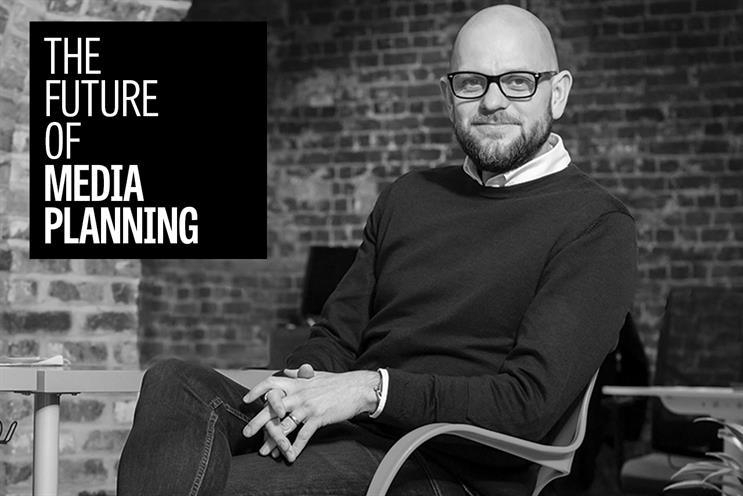The craft of media planning needs to make a comeback, 北京赛车pk10’s Gideon Spanier recently suggested, but the important question is: what is going to be the catalyst that allows this to happen?
It appears that a lot hinges on money. Fuelled by the promise of precision-targeting to eradicate wastage and a trend for short-term attribution models, the industry has become increasingly obsessed with efficiency over the past few years.
It sometimes feels like marketing teams prefer to save money over making money.
Nowhere is this more keenly felt than in media. It’s an open secret that many pitches are won or lost purely on an agency’s ability to deliver lower rates and accept a cheaper fee for doing so.
On the surface, this appears to be sound business thinking on behalf of the advertisers – surely, paying less for these elements is just evidence of delivering better value for money?
Dive in a little deeper, though, and you might find yourself in murkier waters; faced with minimal margins, agencies may begin treating your business as a commodity too, staffing the account with younger and less experienced heads and planning the buy to deliver the price guarantees.
Having relinquished control over media choice as their part of the deal, the client can have little complaint about where the ads appear to conform to the agreed pricing structure.
Does all this matter, though? Impacts are impacts, after all.
Bespoke media planning
The very best media plans fit their brands like a beautiful bespoke suit. With a strategy designed specifically to accentuate the best aspects of the brand and help it stand out in the market it operates within, they ensure that every media impact makes the biggest possible impact.
To achieve this, the buying process has to be a seamless extension of the planning process, ensuring the best conceivable execution of the strategic idea.
Crafting bespoke media plans of this nature requires more in-depth consideration of evidence relevant to the specific brief and benefits from more time and, on occasions, the perspective of experience.
These don’t come cheap and are often priced out of the equation by low agency fees, yet they can make all the difference.
The media budget is often the largest part of a company’s discretionary expenditure, dwarfing agency fees, so any small increases in effectiveness easily outweigh the perceived inefficiency of the slightly higher remuneration required to afford them.
We know from research that a carefully crafted and delivered plan can have a significant uplift effect on results. For example, advertising placed in a relevant context achieves a greater share of attention, Magnetic’s Pay Attention! study has shown.
Reaching people when they are involved in a related activity increases recall by 52%, Newslink research found. And shifting budgets between media can enhance overall campaign return on investment by more than 8%, Radio: The ROI Multiplier shows.
It’s clear from this that doing the right thing in terms of effectiveness trumps efficiency in all but the shortest of perspectives.
But, to get there, media planning needs to be unfettered by the pressure to boost margins through commodity approaches and planning the buy to make up the difference for low fees.
The only way to circumnavigate that pressure is to pay a fair fee for the time, skills and experience of the people delivering the plan.
This isn’t about paying a premium, though.
In the same way the Living Wage has built awareness of the minimum income necessary for a worker to meet their basic needs, perhaps the concept of a minimum neutrality fee could do the same for bespoke media planning. The future of media planning rests on advertisers understanding and acting on this idea.
More effective plans and better client relationships will result from giving agencies the opportunity to run a P&L that reflects a successful and transparent business – not one that says one thing but does another.
Dave Barnett is managing director at December 19


